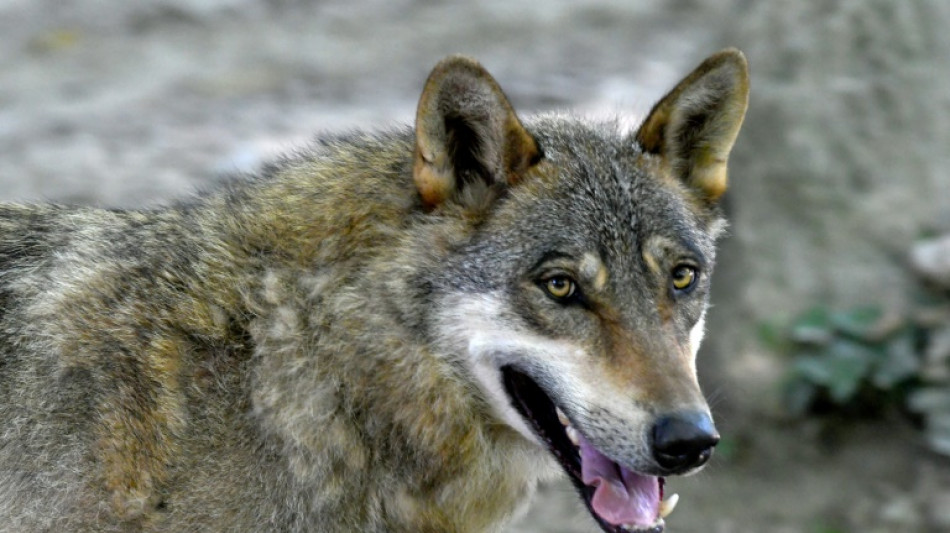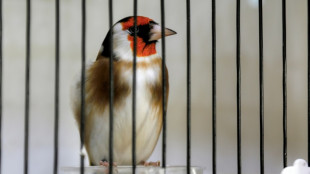

EU states back plan to downgrade wolf protection status
EU member states on Wednesday voted in favour of lowering the protection status of wolves, in a move decried by conservationists that paves the way for a relaxation of strict hunting rules.
Representatives for the bloc's 27 countries backed a proposal to push for changes to an international wildlife convention that would see the species downgraded from "strictly protected" to "protected".
The European Commission, which initially put forward the plan, welcomed its approval by a qualified majority of member states during a meeting in Brussels.
Grey wolves were virtually exterminated in Europe a century ago but, thanks to conservation efforts, numbers have rebounded, triggering howls of protest from farmers angered at livestock losses.
"Adapting the protection status will be an important step to address the challenges posed by increasing wolf population while keeping the overall objective to achieve and maintain a favourable conservation status for the species," commission spokesman Adalbert Jahnz told reporters.
In 2023, there were breeding packs of grey wolves in 23 European Union countries, with a total population estimated at around 20,300 animals, bringing the elusive creatures into more frequent contact with humans.
In announcing plans to revise the species' status last year, Commission chief Ursula von der Leyen said the "concentration of wolf packs in some European regions has become a real danger especially for livestock".
Last year, von der Leyen herself lost her beloved pony Dolly to a wolf that crept into its enclosure on her family's rural property in northern Germany -- leading some to suggest the matter had become personal.
The wolf became a "strictly protected" species under the 1979 Bern Convention, which the EU is a party to.
The text allows for the animal to be killed or captured only when it poses a threat to livestock, health or safety.
The commission's proposal would loosen such rules by demoting wolves to "protected" species.
Despite protests from animal rights activists, this would allow hunting to resume under strict regulation.
- 'Politically motivated' -
More than 300 environmental and animal protection groups opposed the move arguing it was premature since while population numbers have grown, their recovery is still ongoing.
"We see this as a proposal that is politically motivated and not at all based on science," Sabien Leemans, senior policy officer at environmental group WWF, told AFP.
This year has seen rolling protests by farmers in Brussels and around Europe against the bloc's tightening environmental requirements.
Wednesday's vote, once formally adopted by the bloc's environment ministers, will give the EU a mandate to push for a change in the Bern Convention at its next standing committee meeting scheduled for December.
A two-thirds majority is required to alter the text, which was signed by 50 countries, including the 27 EU members.
If the convention is changed, the commission will then be allowed to move to amend related EU rules.
P.Darmody--IP




